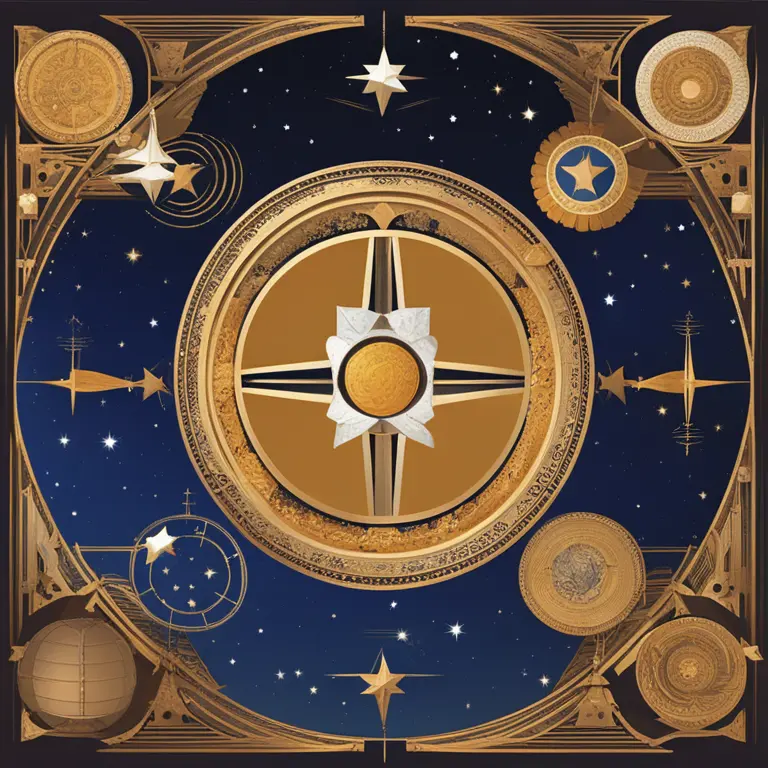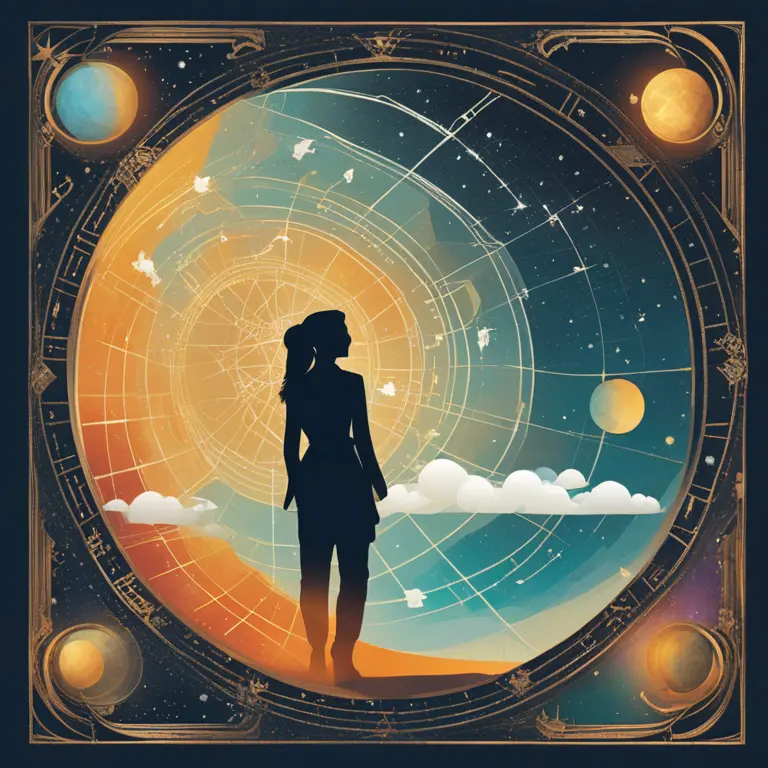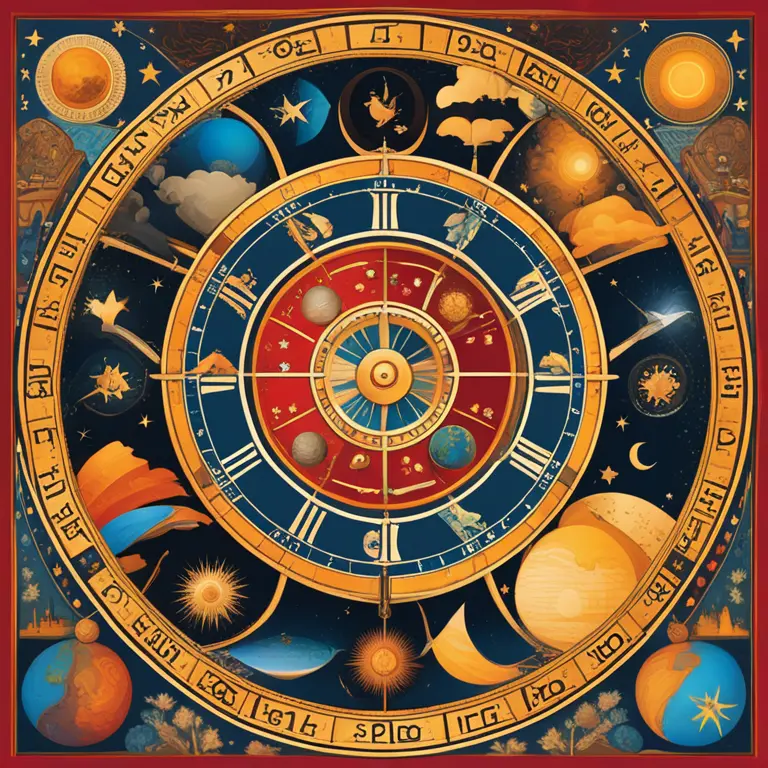
Astrology Etymology: The Origins of the Cosmic Language
Delve into the linguistic roots of astrology and discover how this ancient practice was named, shaping the cosmic lexicon of today.
article by Priya Deshmukh
A Linguistic Journey into Astrology
Astrology, a practice as old as civilization itself, holds a prominent place in human history. Its name takes us on a linguistic journey that transcends cultures and epochs. Etymology, the study of word origins, provides insight into how the term astrology came into being. The word traces its lineage back to Ancient Greek, where 'astro' meant star and 'logos' encompassed word, study, or logic. Over time, astrology expanded from mere observation of the heavenly bodies to a complex system theorizing their effect on human destiny.

Ancient Greek Foundations
The fusion of 'astro' (ἄστρον) and 'logos' (λόγος) in the Hellenistic period birthed 'astrologia' (ἀστρολογία), which originally meant the 'account of the stars.' Notably, Ancient Greek contributions to the field were immense, with astrology encompassing natural phenomena and the divine alike. It was seen as a scholarly tradition, studying celestial cycles to predict seasonal changes and interpret divine messages—a testament to the interconnectedness of the universe.

Transition and Influence
As astrology traversed cultural landscapes, the term evolved. Latin scholars adopted the Greek astrologia, further entrenching it in intellectual disciplines. During the medieval era, astrology and astronomy were often indistinguishable, with astrology playing a significant role in medicine, alchemy, and philosophy. The term 'astrology' was carried into European vernaculars during the Renaissance as the practice gained popularity among the nobility and intellectuals, rooting itself deeply within various cultures.

The Modern Context
In the present day, astrology enjoys a diverse manifestation, from personal horoscopes to complex psychological profiling based on celestial events. The etymology of astrology is now a reflection of its bifurcation from astronomy. The latter concentrates on the scientific study of celestial bodies, while astrology has embraced a more mystic, interpretative role. Despite their linguistic kinship, the divergence in practice is evident and significant.
Popularization and Digital Resurgence
With the rise of the digital age, astrology's popularity has soared to new heights. The internet and social media platforms have fostered communities passionate about the zodiac, horoscopes, and astrological predictions. The etymology of astrology remains intact despite this digital renaissance, proving the resilience and the enduring legacy of the language shaped by the stars.
Perspectives for 2024 and Beyond
As we look towards 2024 and the future, the role of astrology in society continues to morph. From mobile apps providing daily horoscopes based on precise astronomical data, to the integration of artificial intelligence for personalized astrological readings, the evolution of astrology is as limitless as the cosmos. Its etymology carries the historic weight of its past while branching into new realms of the digital age.
Published: 2/5/2024
Modified: 2/5/2024
More predictions
Come back here soon to learn more about yourself and your future


The Zodiac Signs and their Influence
Delve into the intricate world of zodiac signs, where celestial alignments offer insights into personality traits, future forecasts, and life paths.


Zodiac Signs: Dates and Meanings
A concise guide detailing the dates and fundamental characteristics of the twelve zodiac signs.


Leo Zodiac Sign Insights: Traits, Love, and Destiny
Delve into the spirited world of Leo: learn about their bold traits, love compatibility, and 2024 forecast in this comprehensive guide.